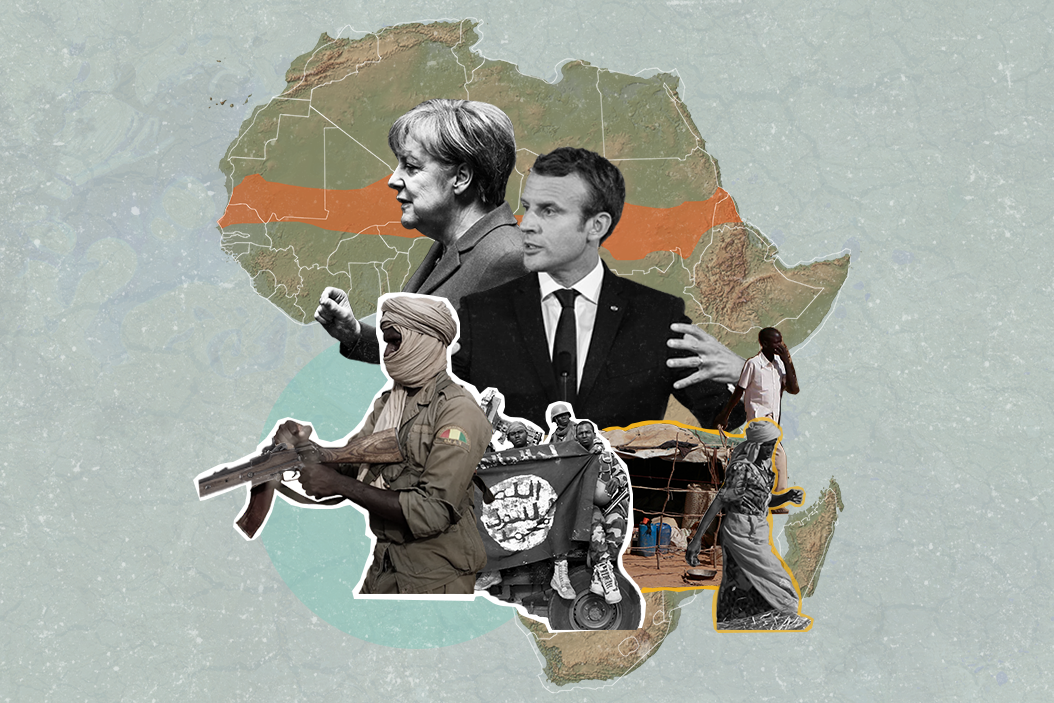News
October 21, 2020
1 billion: International donors pledged around $1 billion to help three Sahel countries (Mali, Niger, and Burkina Faso) address humanitarian crises exacerbated by extremist violence and the socioeconomic impacts of COVID-19. The UN warns that without more assistance, the conflict-ridden region in sub-Saharan Africa "could see an irreversible slide into chaos."
64: Sixty-four percent of American adults say social media is having a negative impact on the way things are going in the country, according to a Pew study. Most people who said so cited misinformation, hate, and harassment as the main reasons for their pessimism.
15 trillion: President Xi Jinping's goal of making China fully carbon-neutral by 2060 will cost the government at least $15 trillion, according to an estimate by the Boston Consulting Group. To meet the net-zero deadline, China will have to go well beyond the emissions reductions it has committed to as part of the 2015 Paris Agreement on climate change.
15: An 81-year-old Black man in Tunisia won a landmark court ruling to have his middle name, "ateeq" (which means "the descendent of slaves") dropped from his official records. Tunisia officially abolished slavery in 1846, but Black Tunisians — who make up about 15 percent of the country's population — say they are still discriminated against and denied job opportunities because of systemic racism.More For You
- YouTube
Singapore was one of globalization’s biggest beneficiaries. Ian Bremmer looks at whether the city-state can survive in a world where the economic order that drove Singapore's rapid rise starts to unravel.
Most Popular
Think you know what's going on around the world? Here's your chance to prove it.
Igmel Tamayo carries charcoal to sell on the side of a road for use as cooking fuel in homes, after US President Donald Trump vowed to stop Venezuelan oil and money from reaching the island as Cubans brace for worsening fuel shortages amid regular power outages, on the outskirts of Havana, Cuba, on January 12, 2026.
REUTERS/Norlys Perez
Xi Jinping has spent three years gutting his own military leadership. Five of the seven members of the Central Military Commission – China's supreme military authority – have been purged since 2023, all of whom were handpicked by Xi himself back in 2022.
© 2025 GZERO Media. All Rights Reserved | A Eurasia Group media company.
